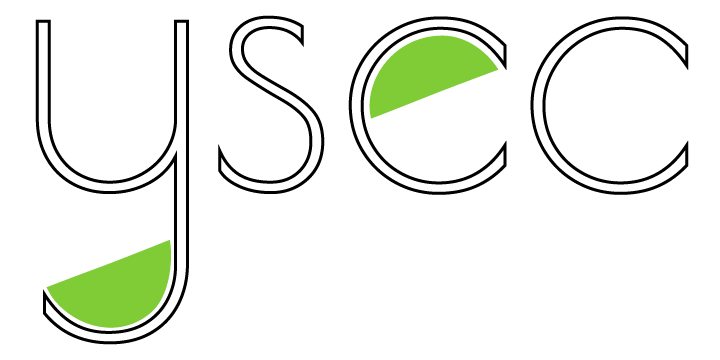REFLECTING AND RETHINKING TOWARDS A BETTER FUTURE
JUN 01, 2021
Mrrinali Gupta, Consultant, YSEC
The use and throw consumerism model is only receiving criticism in the post-COVID world. Those industries that not only stay afloat but also adopt sustainability into their business practices and models, are those that can be truly called winners. Below are examples of some of the hardest hit industries that went further to adopt models with the long-sighted goal of living in a greener world.
Overcrowded cities, environmental degradation and high CO2 pollution from air travel were obvious problems of the tourism industry. With the global pandemic forcing people to take vacations in destinations close to home, tourism leaders hope to resuscitate the industry quickly but responsibly. Increased demand for bicycles and camper vans and reduction in number of air and cruise trips and preference towards campsites and apartments to luxurious hotels were measures that unintentionally reduced their vacation carbon footprint. While this temporary behavior shift is expected to bring about some change, more sustainable options and conscious involvement by travelers will be needed to further drive this trend.
Being one of the hardest hit industries, also means resorting to drastic measures to stay afloat. The hospitality industry, in the interest of safety, made strides in sustainability such as increased adoption of touchless technology for services such as room entry, amenities access and contactless check-in. Further, hotels such as Marriott switched to electrostatic sprayers to disinfect large areas and even smaller items such as keys. The real test of the move towards sustainability though will be the ability to maintain and continue innovation in these areas once hotels are back to being at full capacity.
The disruption of the apparel industry with brick-and-mortar stores closing down and the reduction in demand due to a bleak social life, has made retailers think about the adopting sustainable practices for a better future. The circular world of fashion is a concept wherein consumers return old clothes to be recycled, before making a new purchase. While far-fetched, thought leaders in the industry have already introduced measures to promote the same. The Nike “Reuse-a-Shoe” collection points program separates the different materials such as leather, foam etc. into smaller pieces to turn into a new pair of footwear.
REFERENCES:
“Has COVID-19 Made Hotels More Sustainable?” The Manual, 16 Apr. 2021,Magyar, Judith. “SAP BrandVoice: How COVID-19 Is Nudging The Fashion Industry To Go Circular.” Forbes, https://www.forbes.com/sites/sap/2021/01/12/how-covid-19-is-nudging-the-fashion-industry-to-go-circular/. Accessed 29 May 2021.
Welle (www.dw.com), Deutsche. “Coronavirus: How Can Travel Be More Sustainable Post-Pandemic? | DW | 09.03.2021.” DW.COM, https://www.dw.com/en/coronavirus-how-can-travel-be-more-sustainable-post-pandemic/a-56784730. Accessed 29 May 2021.

